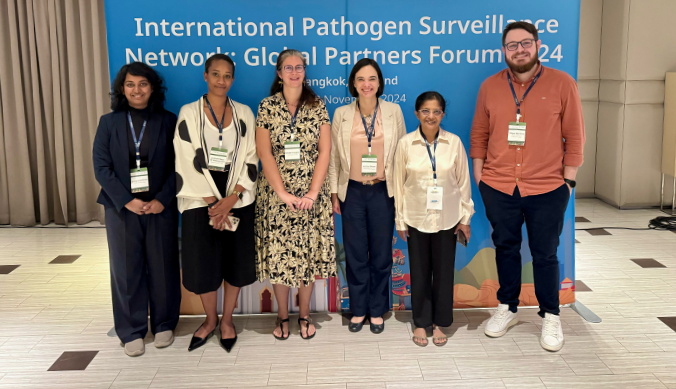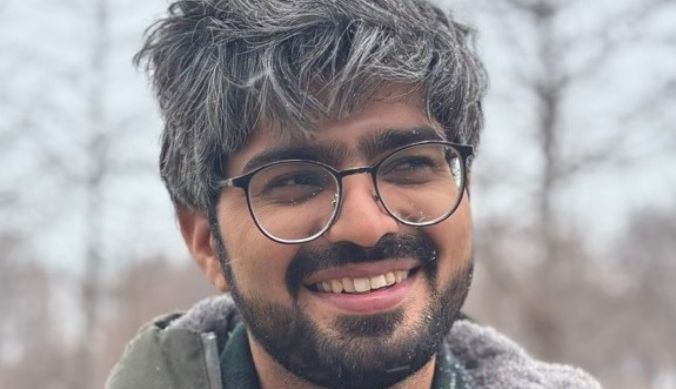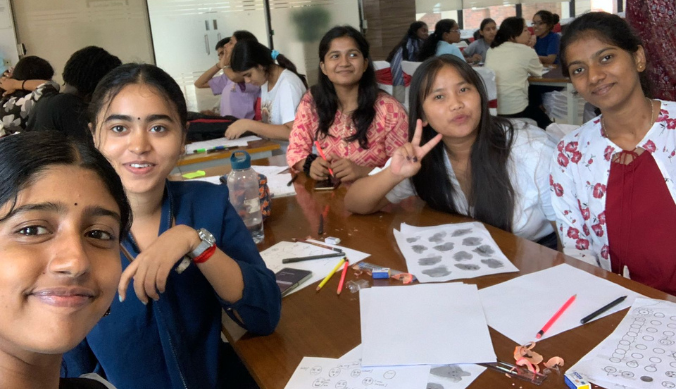Ashoka University Joins Global Effort to Tackle Antimicrobial Resistance with WHO’s Prestigious IPSN Grant
Ashoka University’s Dr Laasya Samhita, along with her collaborators, received the IPSN catalytic grant to address antimicrobial resistance (AMR) by investigating links between environmental and clinical AMR. Dr Laasya’s team is the sole recipient from India out of the ten teams who received the grant globally.
Ashoka University is delighted to announce that a collaborative project led by Dr Laasya Samhita, Assistant Professor at Ashoka, has been awarded the prestigious International Pathogen Surveillance Network (IPSN) catalytic grant. This milestone project, which focuses on combating antimicrobial resistance (AMR), is supported by the World Health Organisation (WHO) and major global foundations.

Dr Laasya Samhita, along with co-applicants Dr Mahesh Dharne (NCL, Pune) and Dr Shraddha Karve (Ashoka University), and public health managers Priyanki Shah (PKC, Pune) and Dr Aradhita Baral (Ashoka University), represents a strong team dedicated to solving one of the world’s most pressing public health challenges.
The Ashoka-led project, “Quantitative Mapping of Environmental to Clinical AMR via DNA Barcoding,” will address critical gaps in understanding how resistance genes spread between environments and clinics. By correlating this data, the team aims to improve public health strategies and inform future interventions to mitigate the impact of AMR.
Antimicrobial resistance is a complex health problem that threatens to undermine modern medicine. Speaking about the project, Dr Laasya shared:
“We are very happy to be one of the first batch of awardees of the IPSN grant. AMR is a multi-pathogen challenge, and this work will characterise and correlate specific antibiotic-resistance genes in the environment and clinics. Additionally, the project will aim to establish scalable DNA barcoding-based surveillance for more accurate disease models using local data. By directly testing how environmental AMR impacts clinical AMR, we hope to guide future public health funding more effectively.”
This significant research initiative is the only project from India to receive the IPSN catalytic grant, setting Ashoka University apart on the global stage. Other recipients hail from countries across South Asia, Southeast Asia, South America, the Middle East, and Africa in collaboration with members from many European countries.
The IPSN grant, launched by WHO and supported by the Bill & Melinda Gates Foundation, The Rockefeller Foundation, and Wellcome, funds innovative projects in various countries to expand pathogen genomic surveillance, enabling countries to better track, understand, and combat infectious diseases.
With support from this grant, Dr Laasya’s team aims to pave the way for scalable, actionable insights that will transform the fight against AMR, not just in India but across the world.
Study at Ashoka













